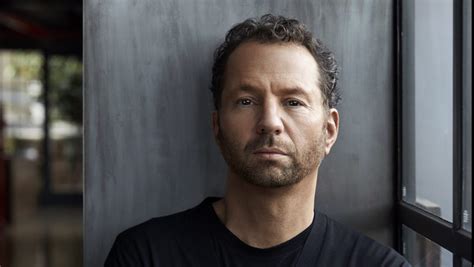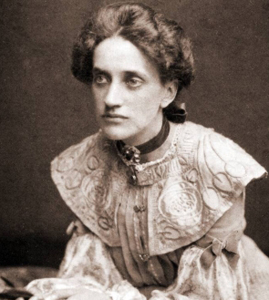A Quote by Arthur Erickson
Compared to industry in Europe or Japan, where industry was based on a craft tradition, we are sadly behind.
Related Quotes
The industry in Japan moving toward CGI is not as severe and extreme as in the U.S. The animation industry in the U.S. is firing 2D animators and closing those studios, but I think it's possibly because the national traits of the U.S. prefer super-realism. Since Japan is a country that prefers plane vision, I don't think we will leave 2D and substitute hand-drawing with CGI entirely.







































